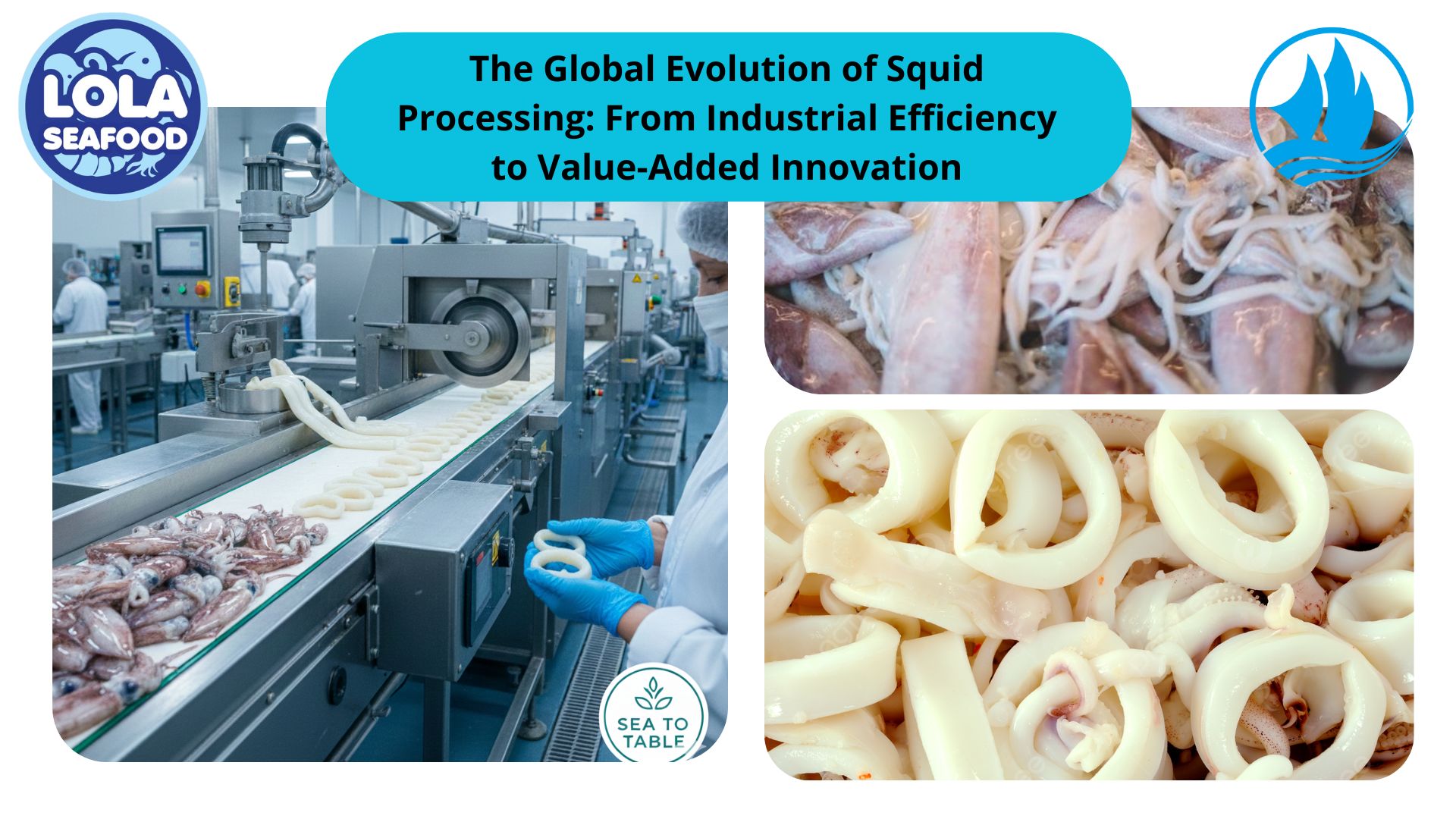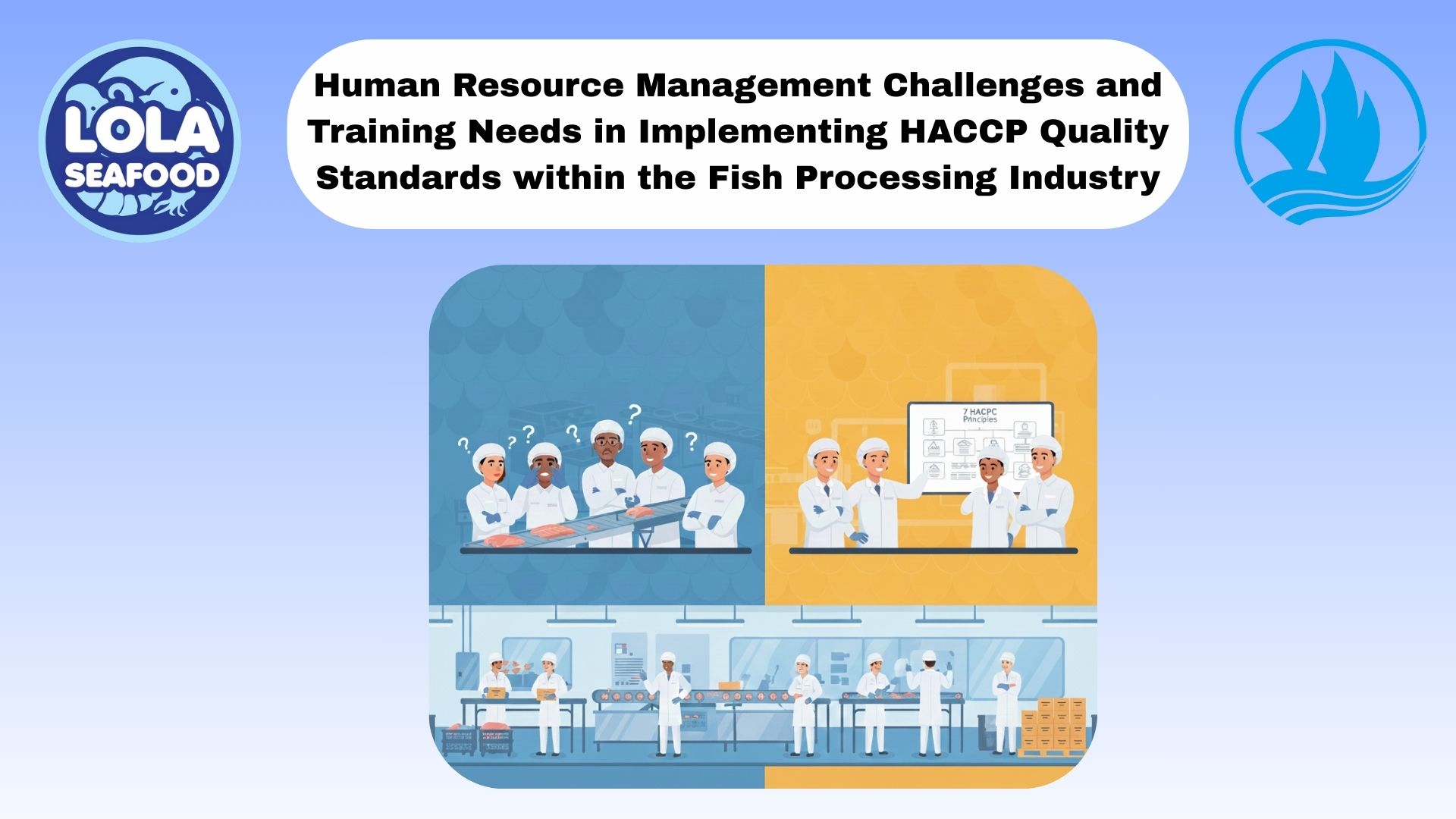The Impact of Regular Audits on Frozen Fish Supply Chain Integrity
By. Najih - 29 Jul 2024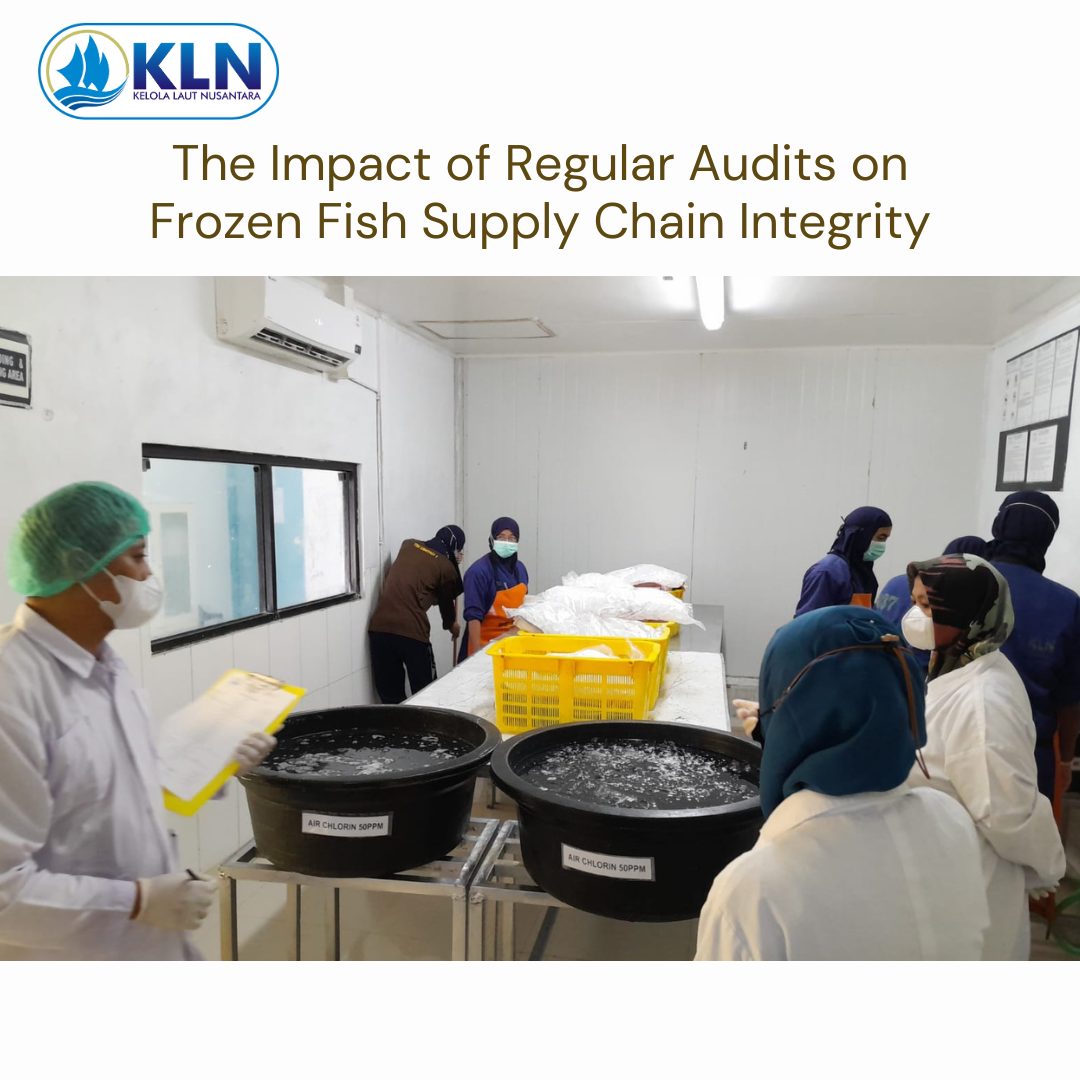
The Impact of Regular Audits on Frozen Fish Supply Chain Integrity
The frozen fish industry plays a crucial role in global food security and the economy. As consumer expectations for food safety and quality rise, rigorous audit surveillance becomes essential to maintain and improve industry standards.
Importance of Supply Chain Integrity
Supply chain integrity refers to the ability of a supply chain to operate smoothly and efficiently, with transparency and reliability. In the frozen fish industry, maintaining supply chain integrity is vital for several reasons:
- Food Safety: Ensuring that frozen fish is safe for consumption is paramount. Supply chain integrity helps prevent contamination, spoilage, and the spread of pathogens, thereby protecting consumer health.
- Quality Assurance: Consistent quality of frozen fish products is essential for consumer satisfaction and brand reputation. Supply chain integrity ensures that products meet quality standards throughout their journey from harvest to market.
- Regulatory Compliance: Compliance with food safety regulations and standards is mandatory. Regular audits help verify adherence to these regulations, minimizing the risk of legal issues and potential fines.
- Traceability: Effective supply chain integrity allows for precise traceability of products. In the event of a recall or quality issue, it is crucial to trace the product back to its origin to address the problem and prevent recurrence.
The Role of Regular Audits
Regular audits are systematic evaluations conducted at various points in the supply chain to assess compliance with standards and identify potential issues. The role of regular audits in maintaining supply chain integrity includes:
- Assessing Compliance: Audits verify that all aspects of the supply chain, from fishing practices to processing and storage, comply with regulatory requirements and industry standards. This helps prevent deviations that could compromise food safety or quality.
- Identifying Risks: Regular audits help identify risks such as inadequate sanitation, improper handling, and supply chain disruptions. By identifying these risks early, corrective actions can be taken to mitigate potential problems before they escalate.
- Enhancing Transparency: Audits promote transparency by providing an objective assessment of supply chain practices. This transparency helps build trust among stakeholders, including consumers, regulators, and suppliers.
- Improving Processes: Audit findings often highlight areas for improvement. Addressing these findings leads to enhanced processes, better quality control, and more efficient operations within the supply chain.
- Ensuring Consistency: Regular audits ensure that quality and safety standards are consistently applied across all stages of the supply chain. This consistency is essential for maintaining product integrity and consumer confidence.
Best Practices for Effective Audits
To maximize the impact of regular audits on supply chain integrity, the following best practices should be considered:
- Develop a Comprehensive Audit Plan: A well-defined audit plan outlines the scope, objectives, and schedule of audits. It should cover all critical points in the supply chain and be tailored to specific risks and requirements.
- Use Qualified Auditors: Employ experienced and certified auditors who have expertise in the frozen fish industry. Qualified auditors bring valuable knowledge and skills to the audit process, ensuring accurate and reliable assessments.
- Implement Standardized Procedures: Standardized auditing procedures ensure consistency and accuracy. This includes using checklists, following established protocols, and adhering to industry best practices.
- Encourage Transparency and Cooperation: Foster a culture of transparency and cooperation among all supply chain stakeholders. Open communication and collaboration facilitate smoother audits and more effective resolution of issues.
- Follow Up on Findings: Address audit findings promptly and implement corrective actions. Regular follow-ups ensure that identified issues are resolved and that improvements are sustained over time.
.jpg)
The Impact of HACCP-Based Integrated Quality Management Programs on the Quality and Competitiveness of Fresh Demersal Fish Products
 and Employee Productivity on the Demersal Fish Processing Floor.jpg)
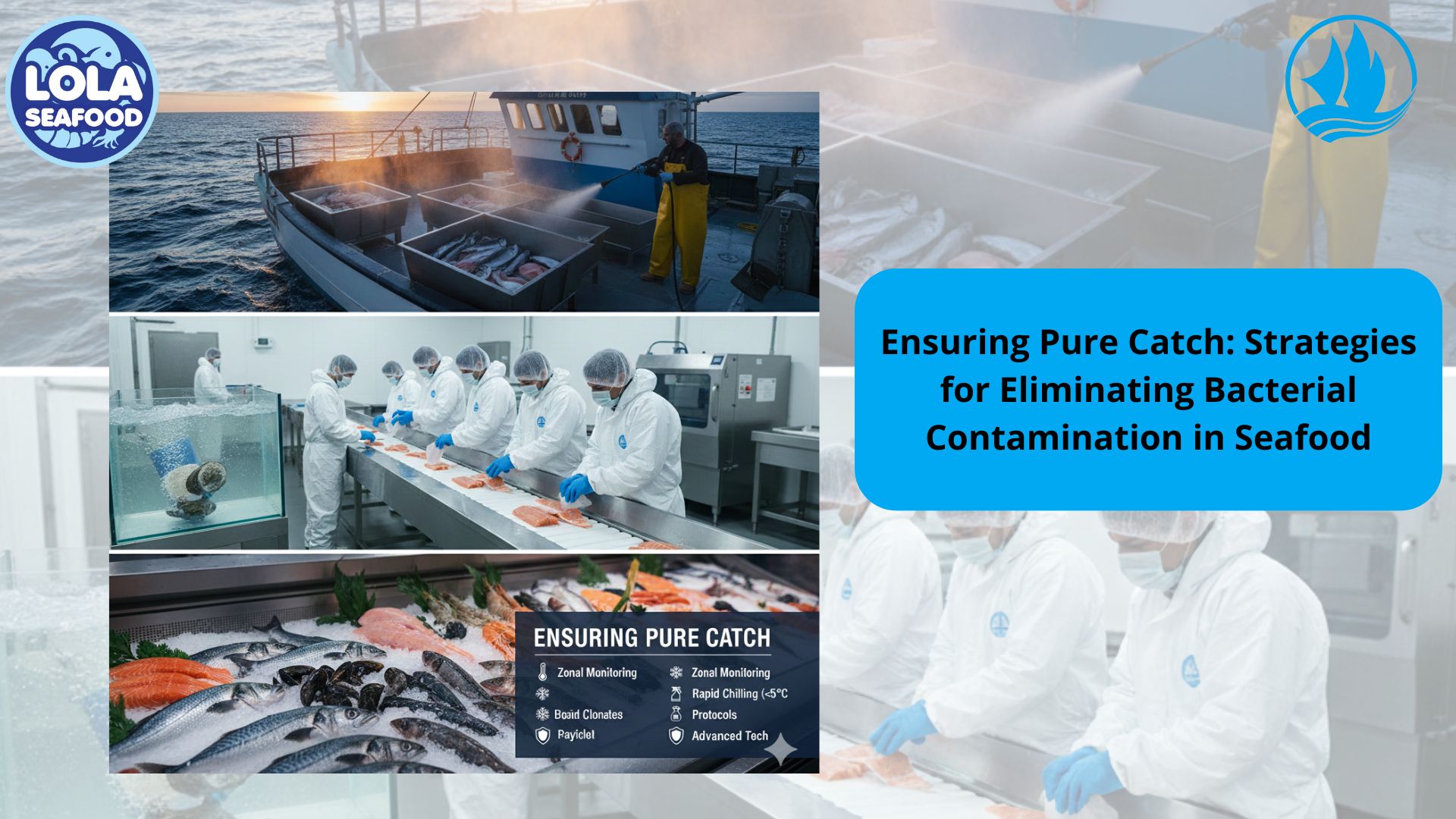
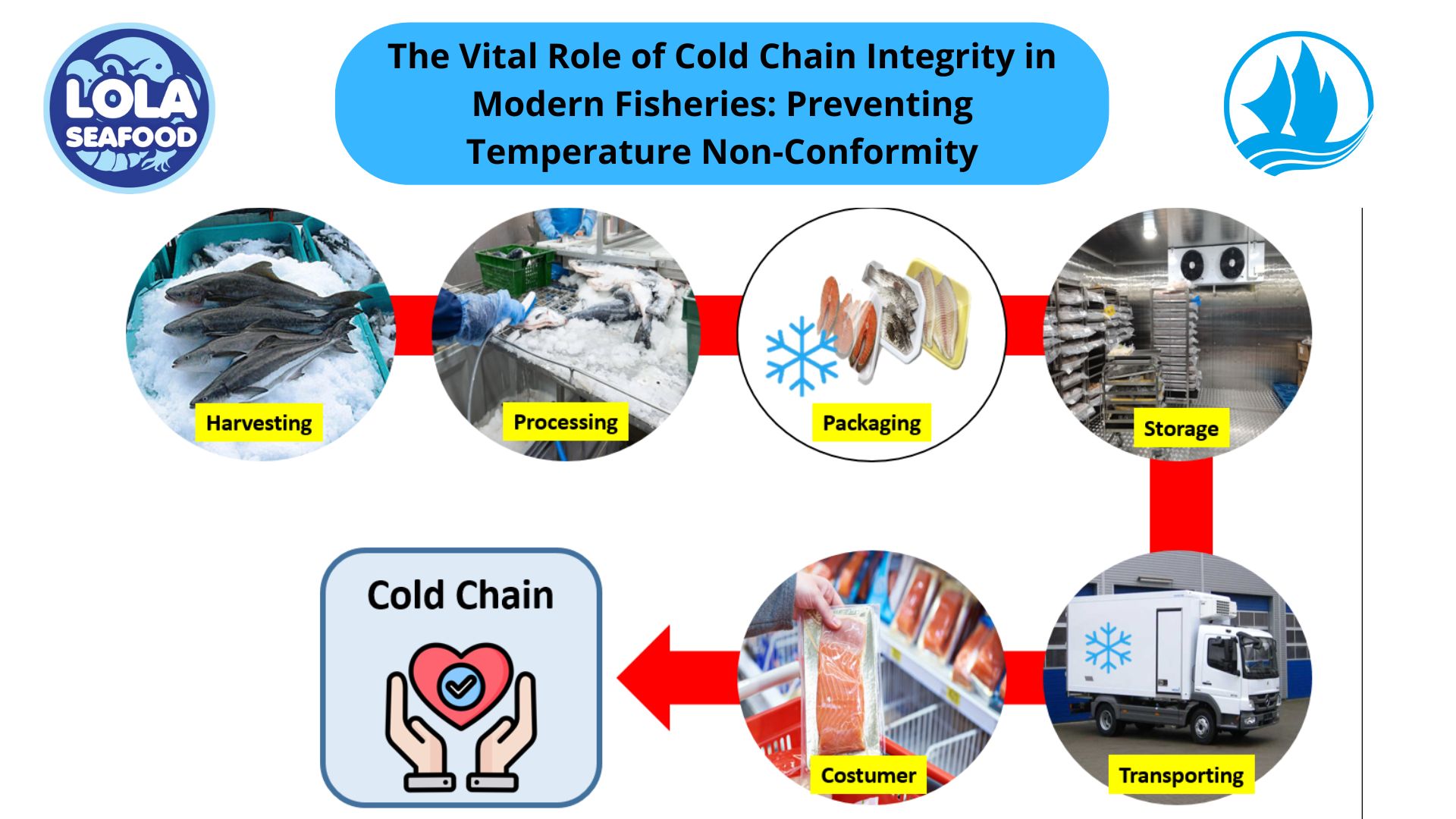
.jpg)
